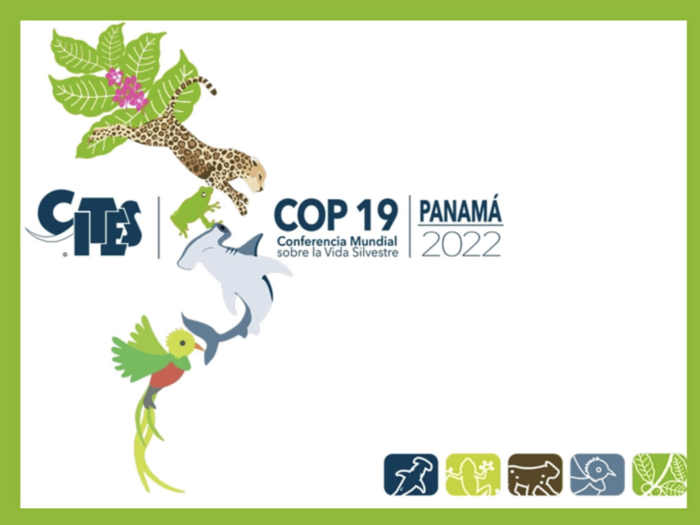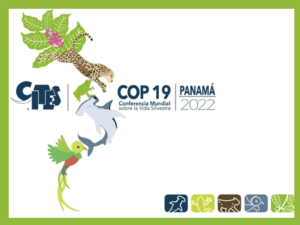The 19th meeting of the Parties wound up in Panama agreeing on measures to protect over 500 new species, the Ministry of Environment reported.
According to a statement by this Ministry, the summit of the Convention on International Trade in Endangered Species of Wild Fauna and Flora (CITES), which has been in session here since November 14, was a success, approving 46 of the 52 proposals presented by delegations from 183 countries.
Most of the initiatives, defended by Latin American nations, according to environmentalists and experts, were aimed at protecting several species of sharks, lizards, turtles, fish, birds, frogs and trees, among others.
Latin America Regional Director of the International Fund for Animal Welfare (IFAW), Joaquin de la Torre, told the press that the protection of 66 species of sharks, rays and the glass frog were the initiatives with the greatest impact.
In the opinion of Tania Arosemena, Advocacy Manager of the MarViva Panama Foundation, COP19 allowed deliberations in which science and knowledge prevailed over commercial interests, and Latin America’s leadership shone especially brightly.
The debates at COP19 took place amid two UN conferences, also crucial for the future of life on the planet: COP27 on climate change in Sharm El Sheikh (Egypt); and COP15 on biodiversity, to be held in Montreal (Canada) in December.

